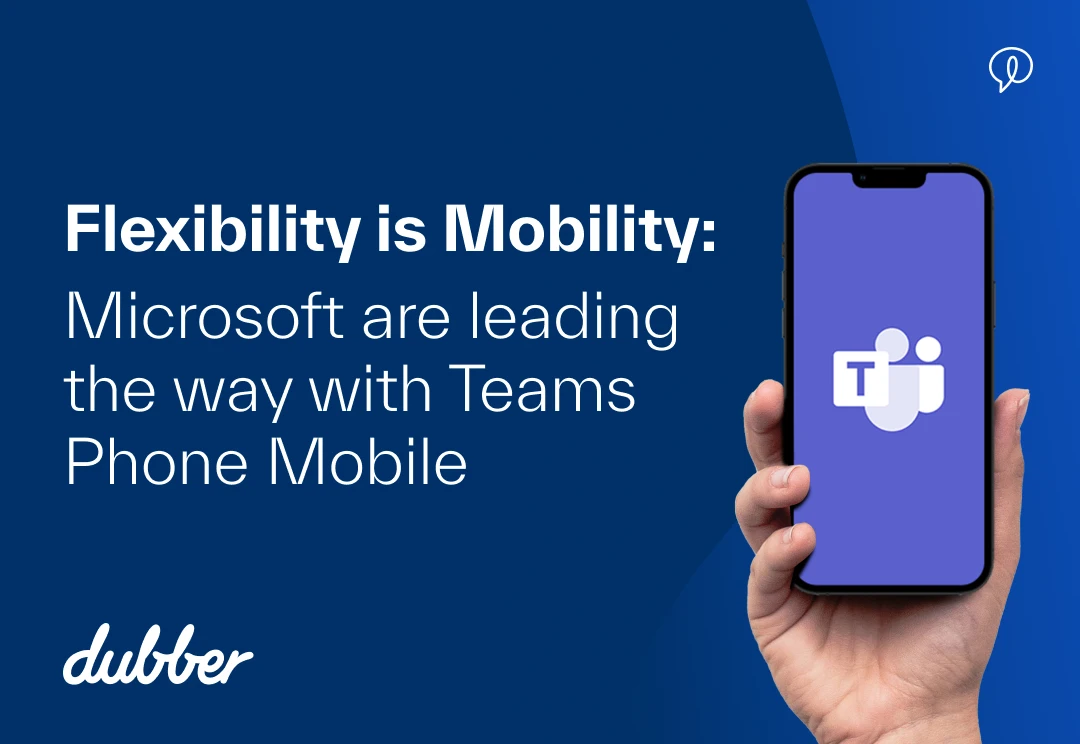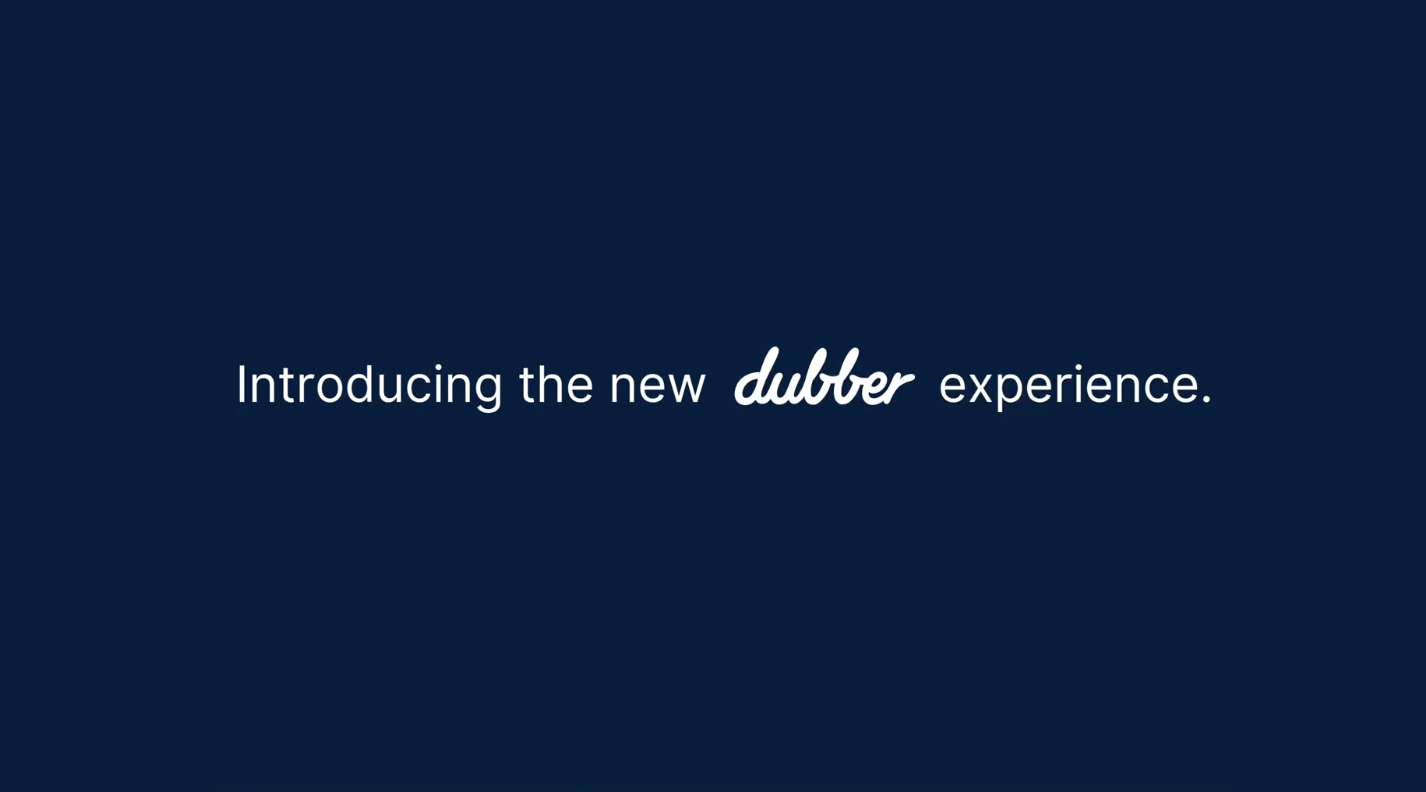

Flexibility is Mobility: Microsoft are leading the way with Teams Phone Mobile
At the end of last year Cavell offered key spokespeople from our industry to step up, discuss and debate the Microsoft roadmap at their London event. If one message stood out above the rest, it’s that the Microsoft Teams growth spurt is far from finished. Teams is a somewhat unexpected high achiever across the board, with 53% of organisations globally choosing it over other collaboration tools. In fact, monthly user numbers for Teams are rumoured to hit an impressive 300 million in Q1 23. With a self-proclaimed focus being put into Microsoft’s relationship with Telephony, it’s an exciting time to be in the Service Provider seat and ride the investment that this juggernaut is pumping into the Mobile landscape.
Digging into Microsoft’s Teams platform development, it seems productivity is still king when it comes to measuring ROI. Empowering organisations with the means to collaborate remotely is critical, with ‘in office’ numbers failing to rise after the pandemic shift (the full-time adoption of hybrid working is now commonplace.) With over 450+ new features released in the past year alone, MS Teams is the obvious choice for companies embracing the modern workplace, and the proof is in the numbers. A cool 33% of organisations swapped to MS Teams from another platform in 2022. So, in the words of Microsoft’s Nick Hedderman, Teams is providing over half the planet with its ‘digital fabric.’ The reason for that seems clear, it’s productivity-centric with a strong development roadmap and a reputation built over decades.
We all want to connect and communicate in our own way- we have our best ideas when we feel relaxed. Microsoft have taken this notion and thrown their energy into Teams Mobile, the next step in creating true flexibility on a collaborative platform. Throughout the day, speakers continued to voice the value of telephony investment, with particular emphasis on Operator Connect. For end users looking to grow and scale their offering, Operator Connect provides the simple UX that customers are looking for- a solution that will unify their organisations’ telephony with certainty. As Marc Burkhard of Swisscom rightly put it: ‘we will become mobile first in the future’. With this in mind, the Operator Connect piece is critical for larger organisations to connect and expand their Teams Mobility in 2023 and beyond.
If Microsoft were clear on their telephony investment, the Service Providers drilled home the need to make those services stand out in a crowded arena. According to Andrew Small of BT: ‘it’s about differentiating the entire end-to-end customer experience.’ This is where revenue boosting platforms like Dubber come in. Adding voice AI and business insights to the Teams offering to improve the day-to-day of both user and manager. Throughout the event, it was obvious that the pressure is on to make the most of the financial investment in 5G and mobile. For Service Providers, differentiators like Dubber who are focused on adding retention, strategic partnership and revenue to the Teams mobile offering are a welcome gift.
If you only took away two learnings from the event it should be these: Microsoft are heavily invested in Telephony, with Teams Mobile set to transform the platform. Tools that create differentiation like Dubber are pivotal to helping SPs increase their Teams adoption and stand out in a competitive landscape. And secondly, Operator Connect is the gateway to scaling your telephony and improving revenue. Overall, the atmosphere in the room was a united one, the general consensus? ‘We’re better together’.
To dive into the detail around these points, you can check out the full webinar on-demand here.

